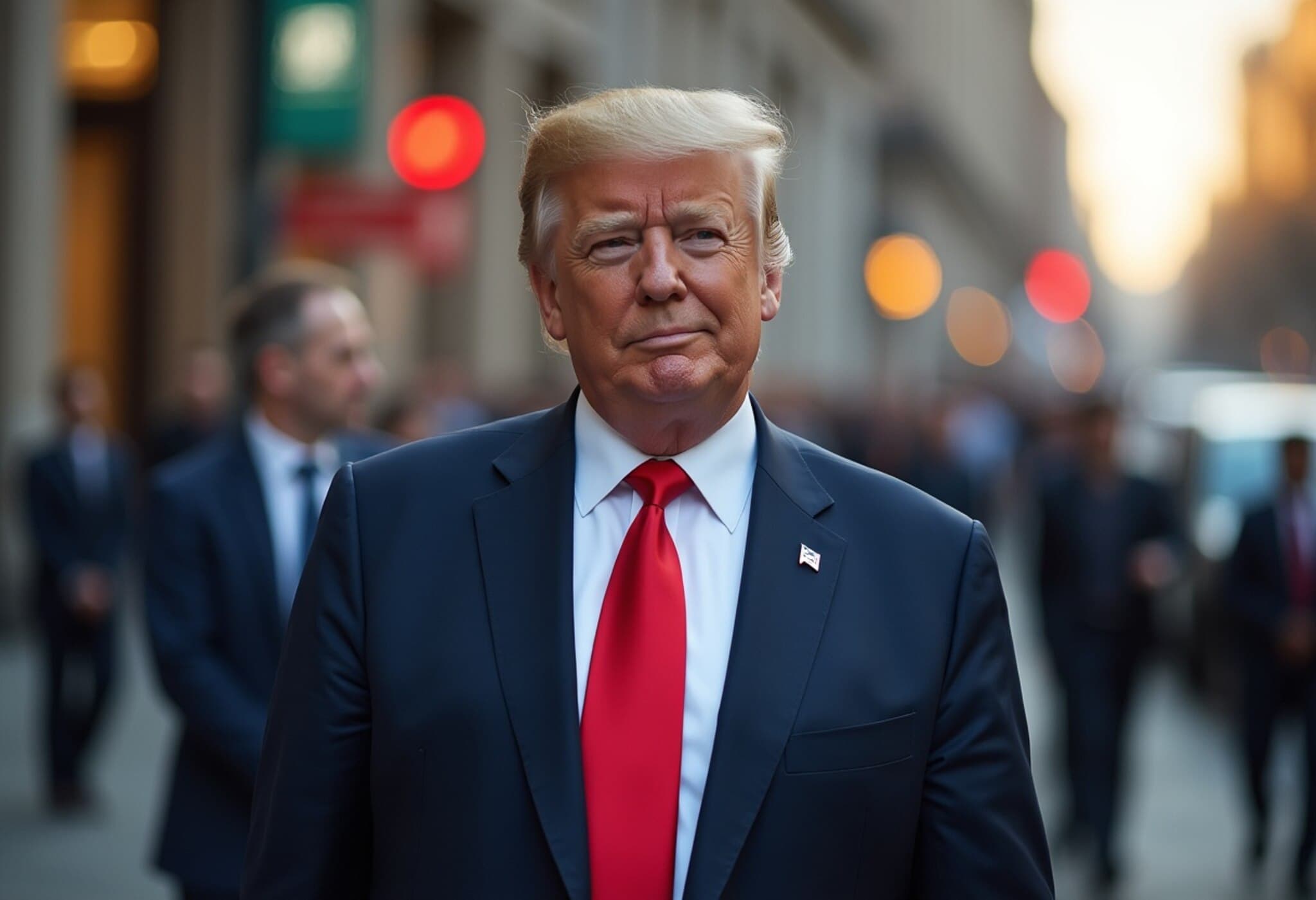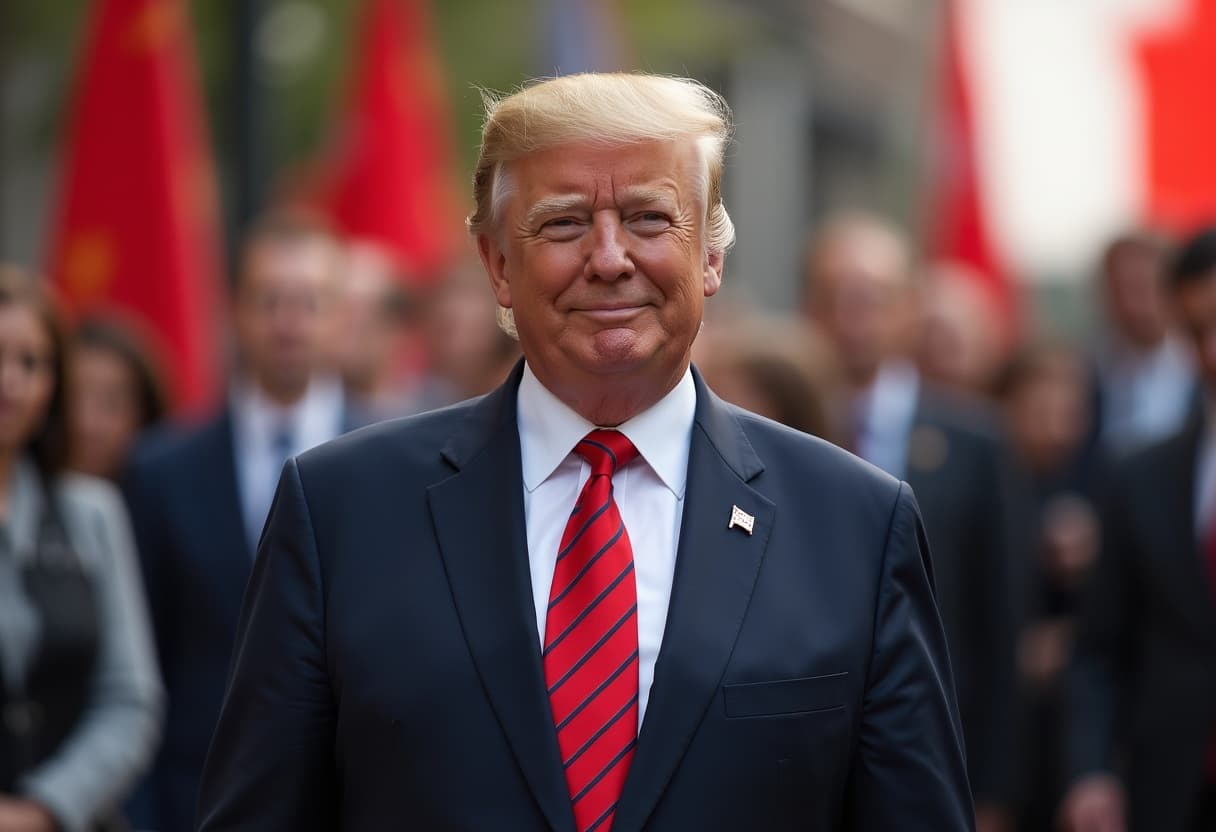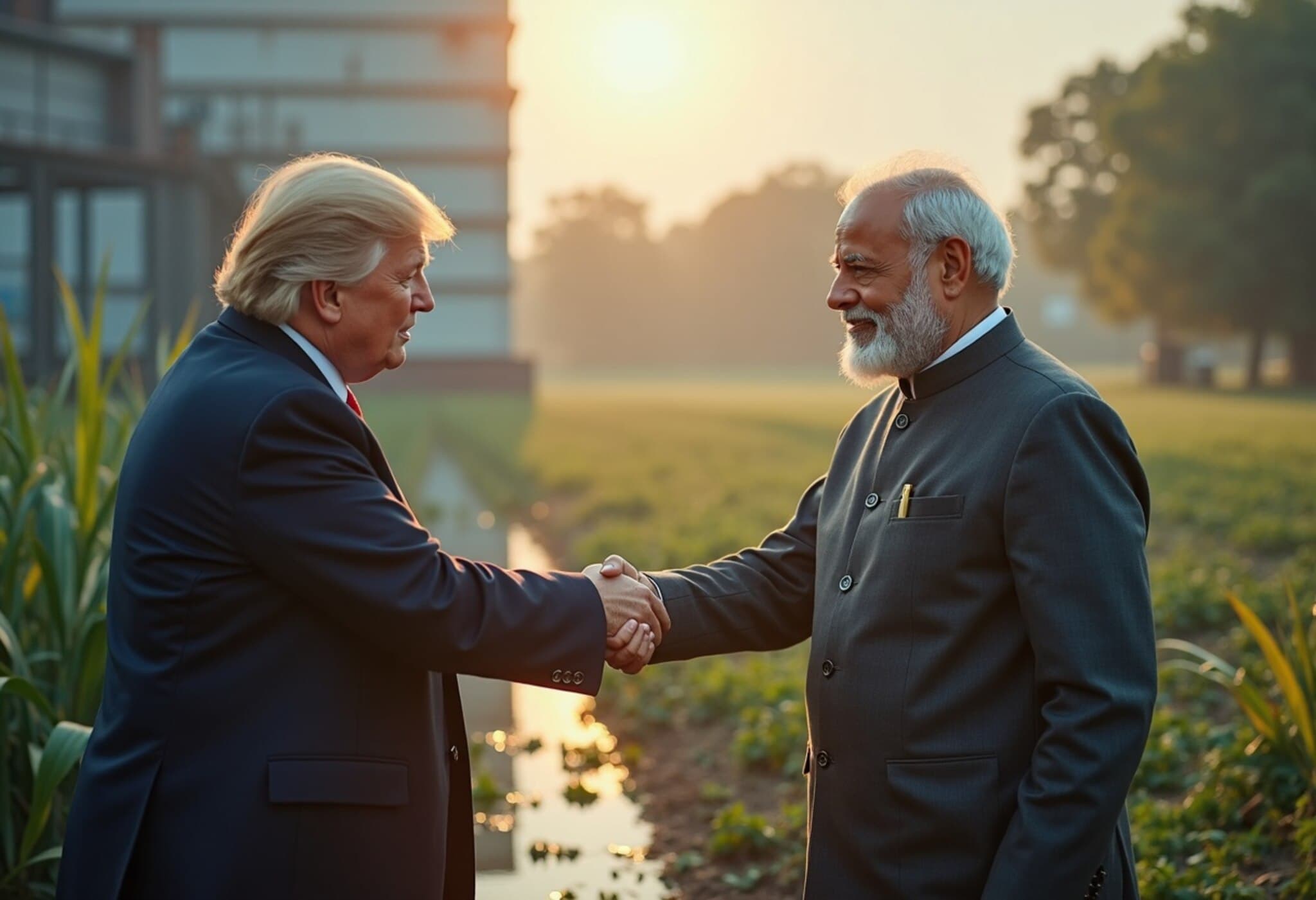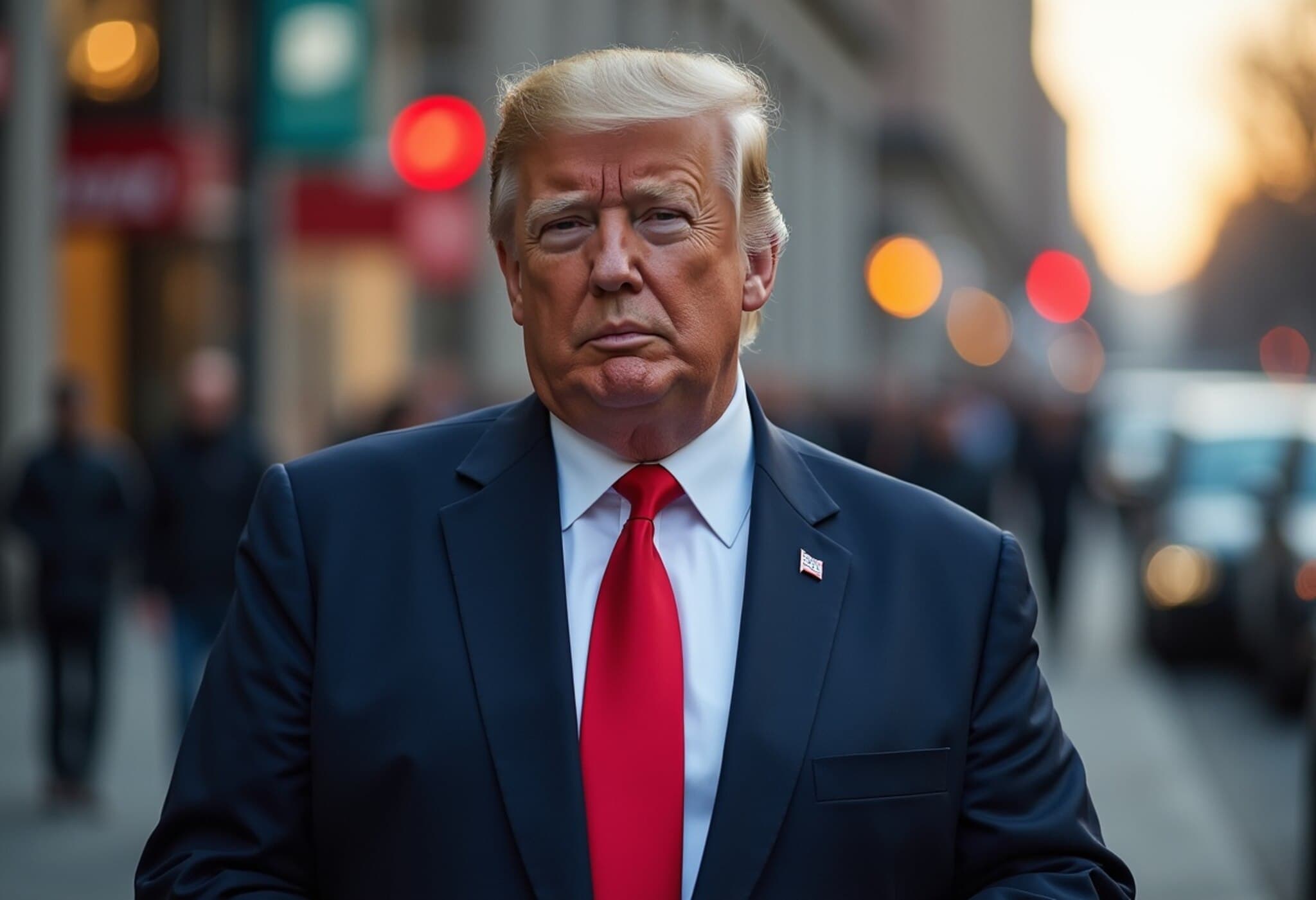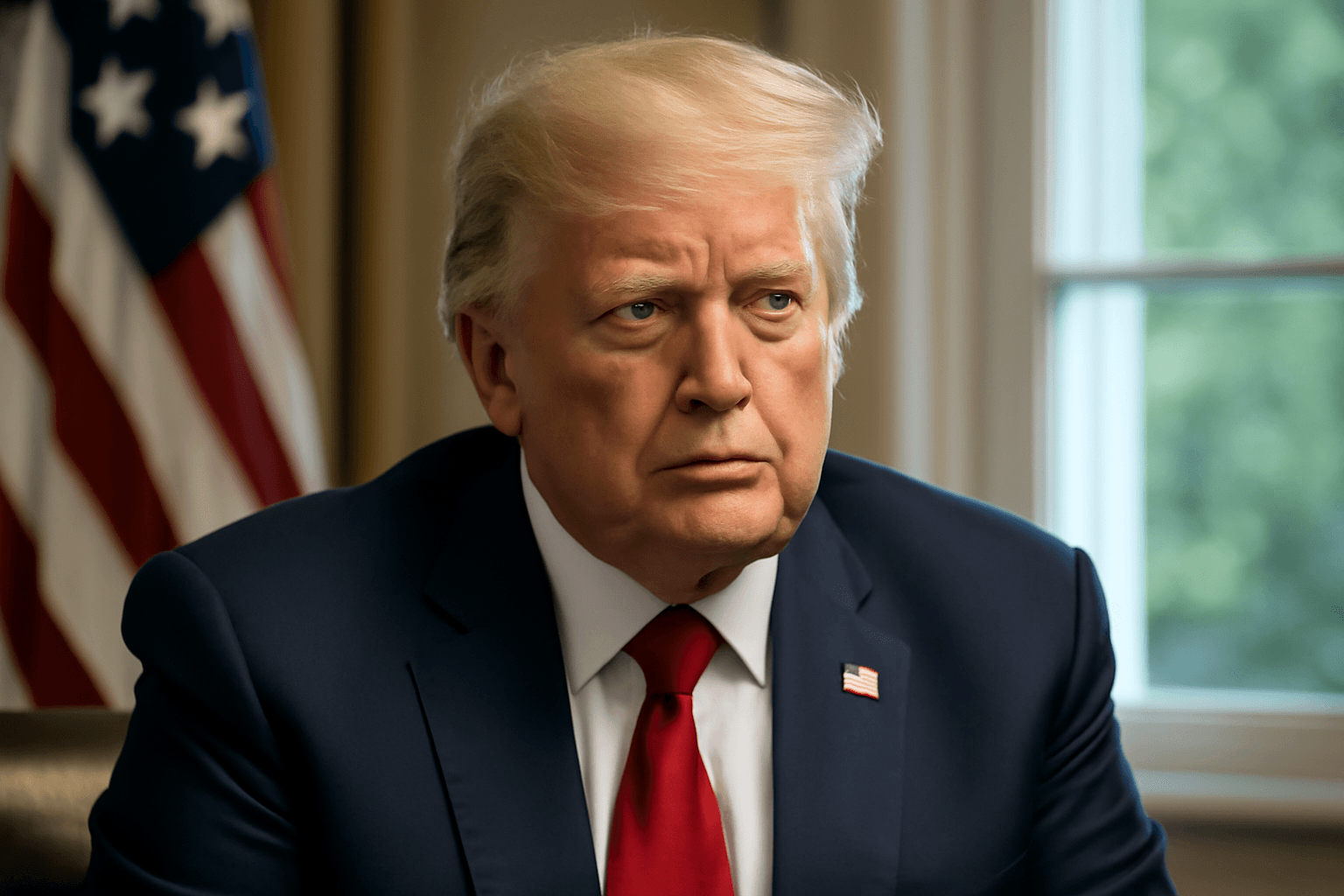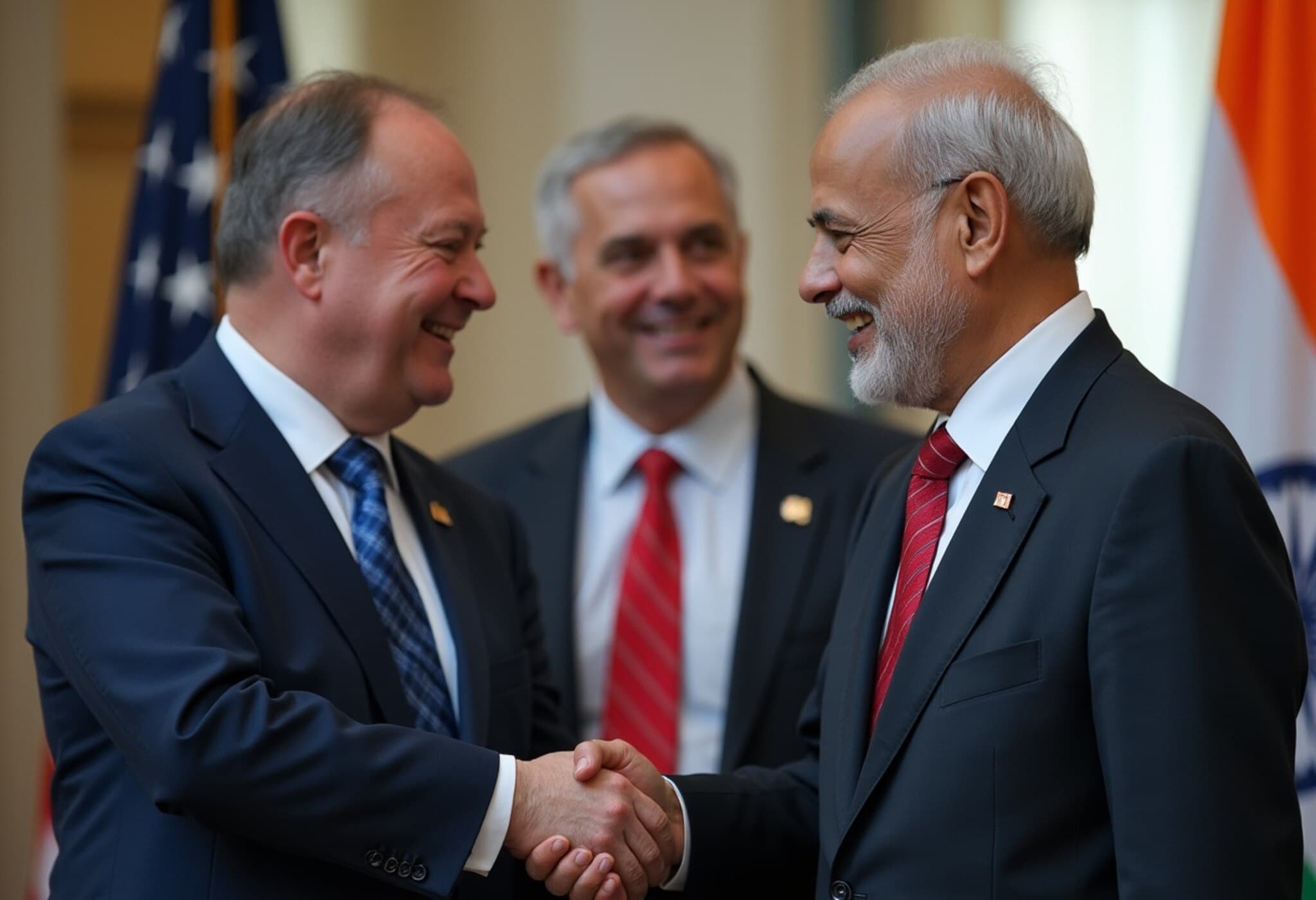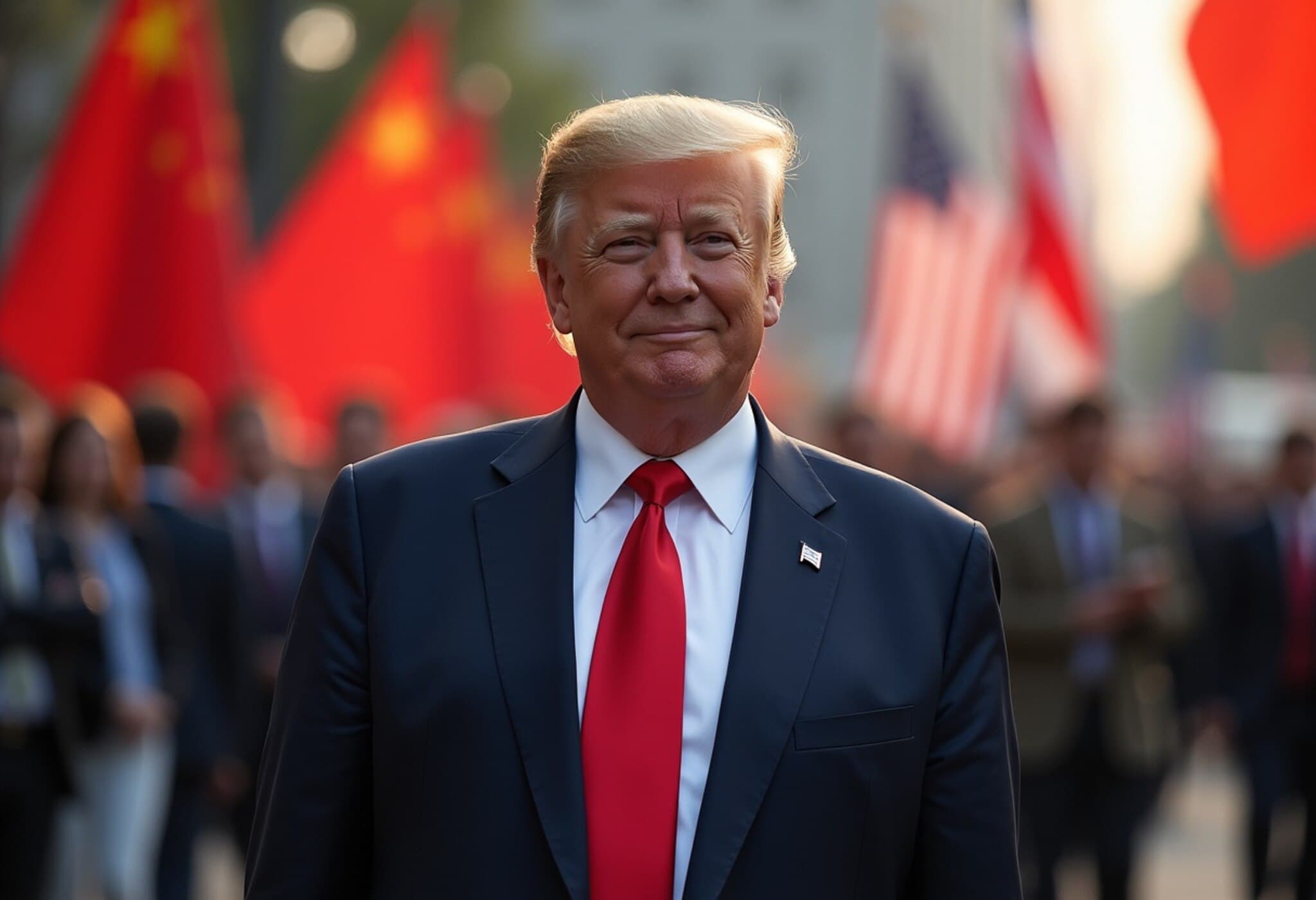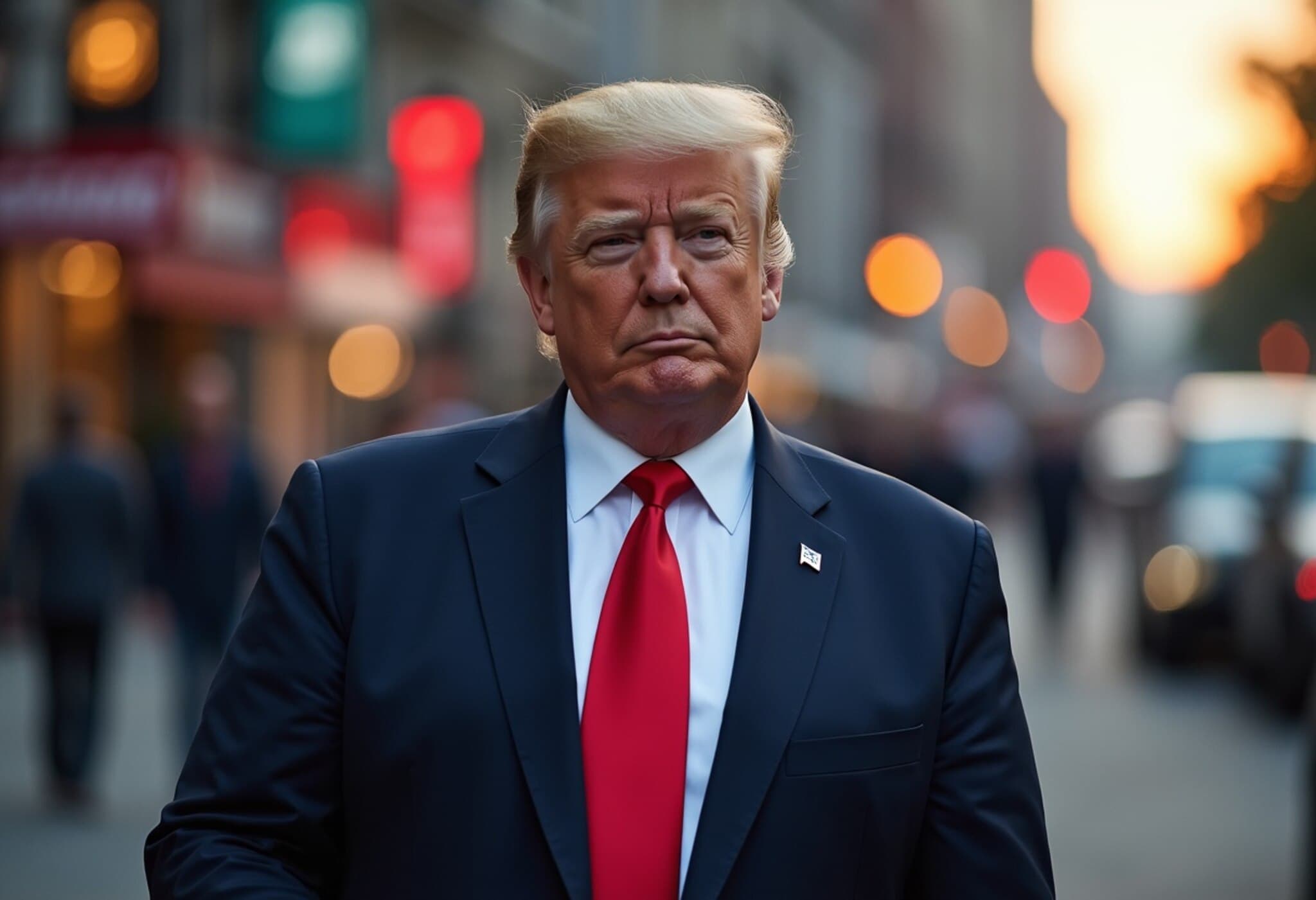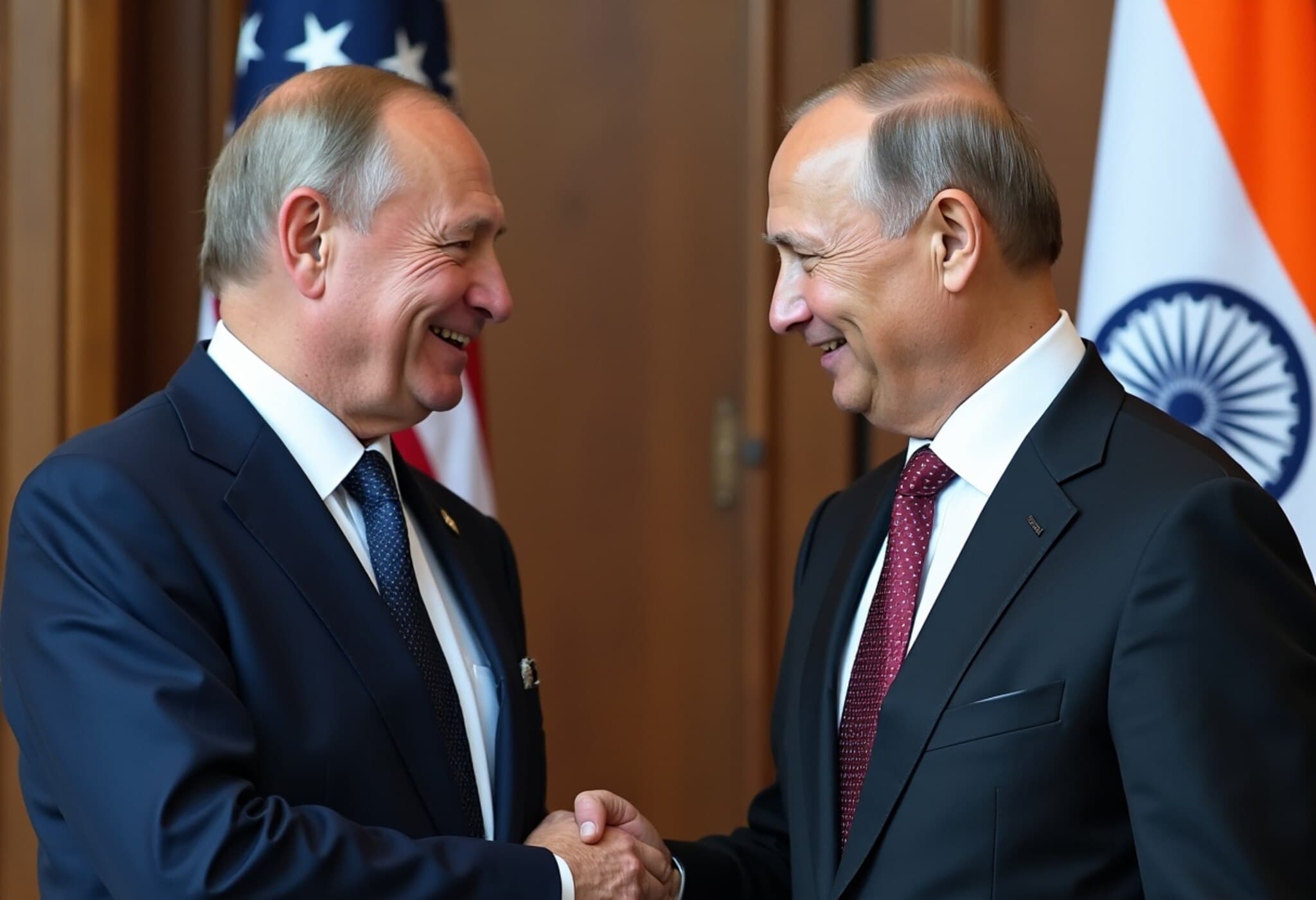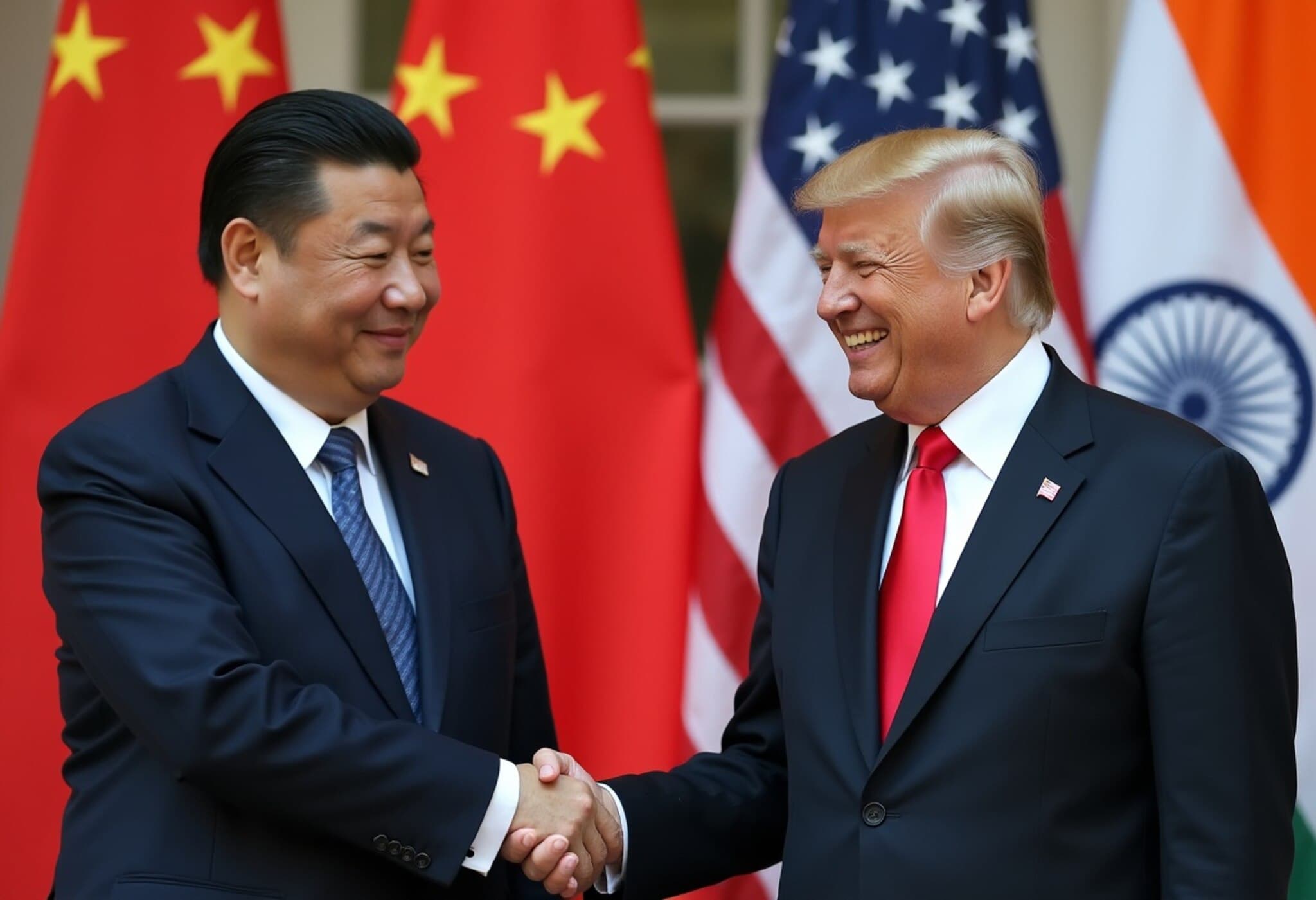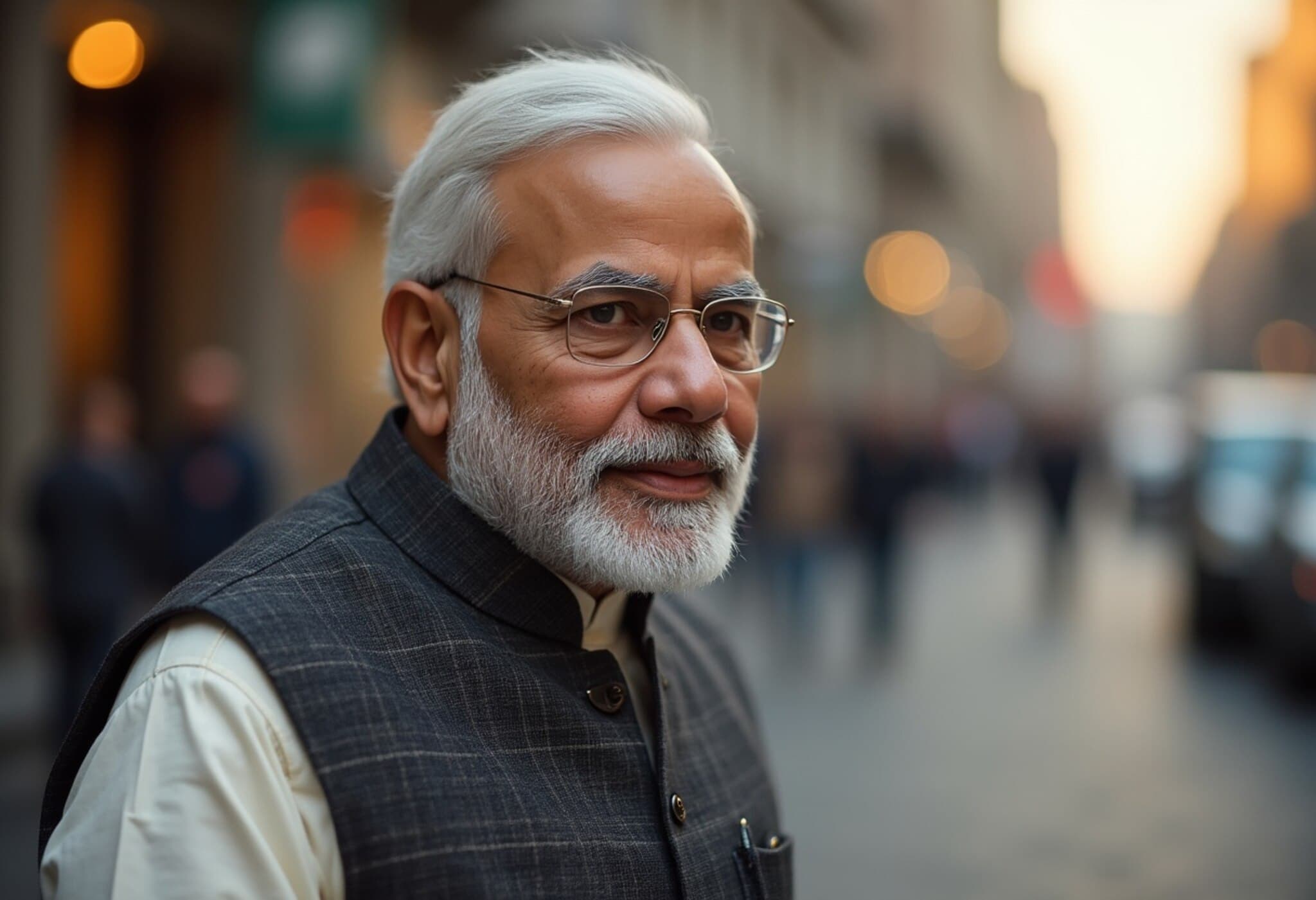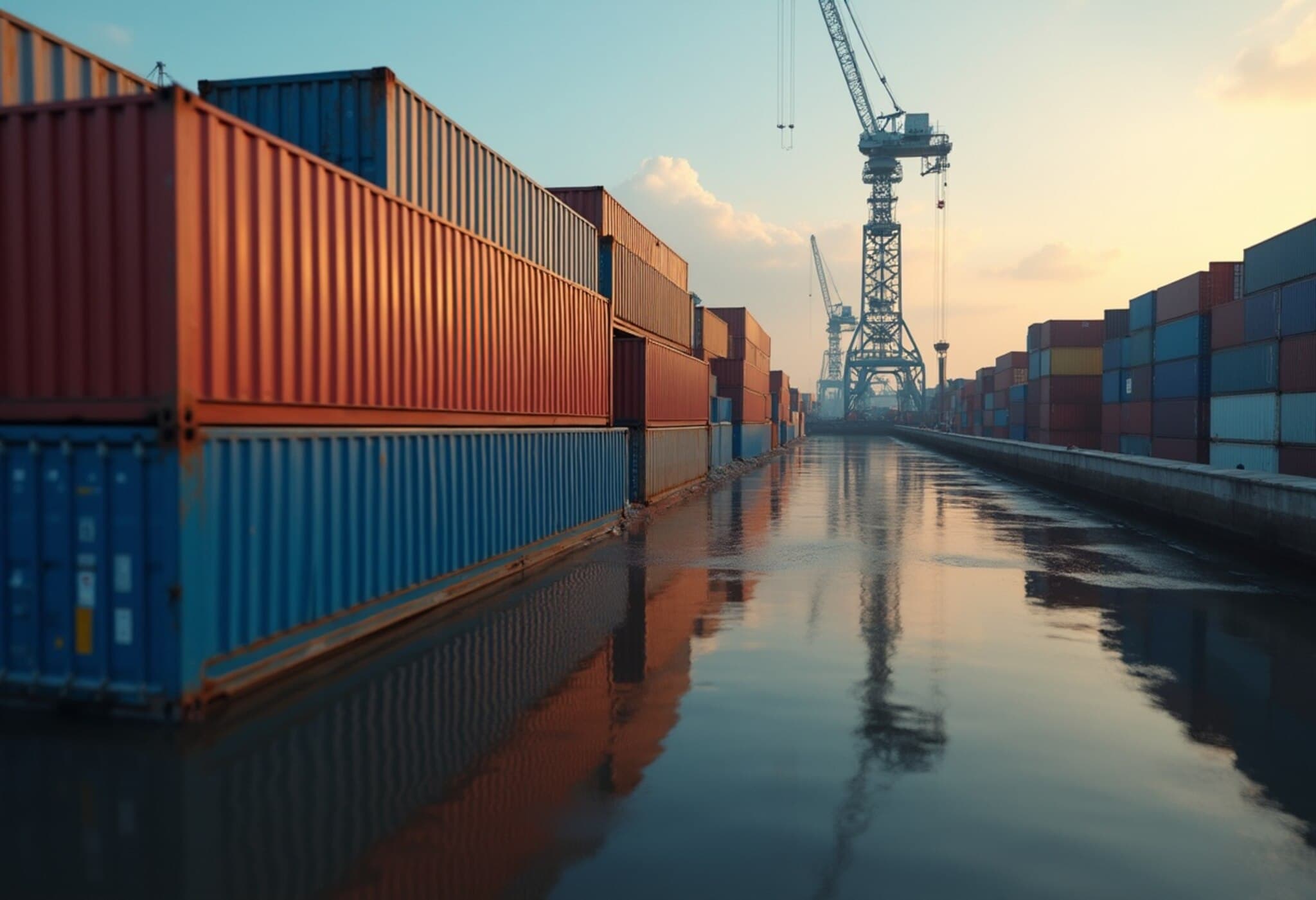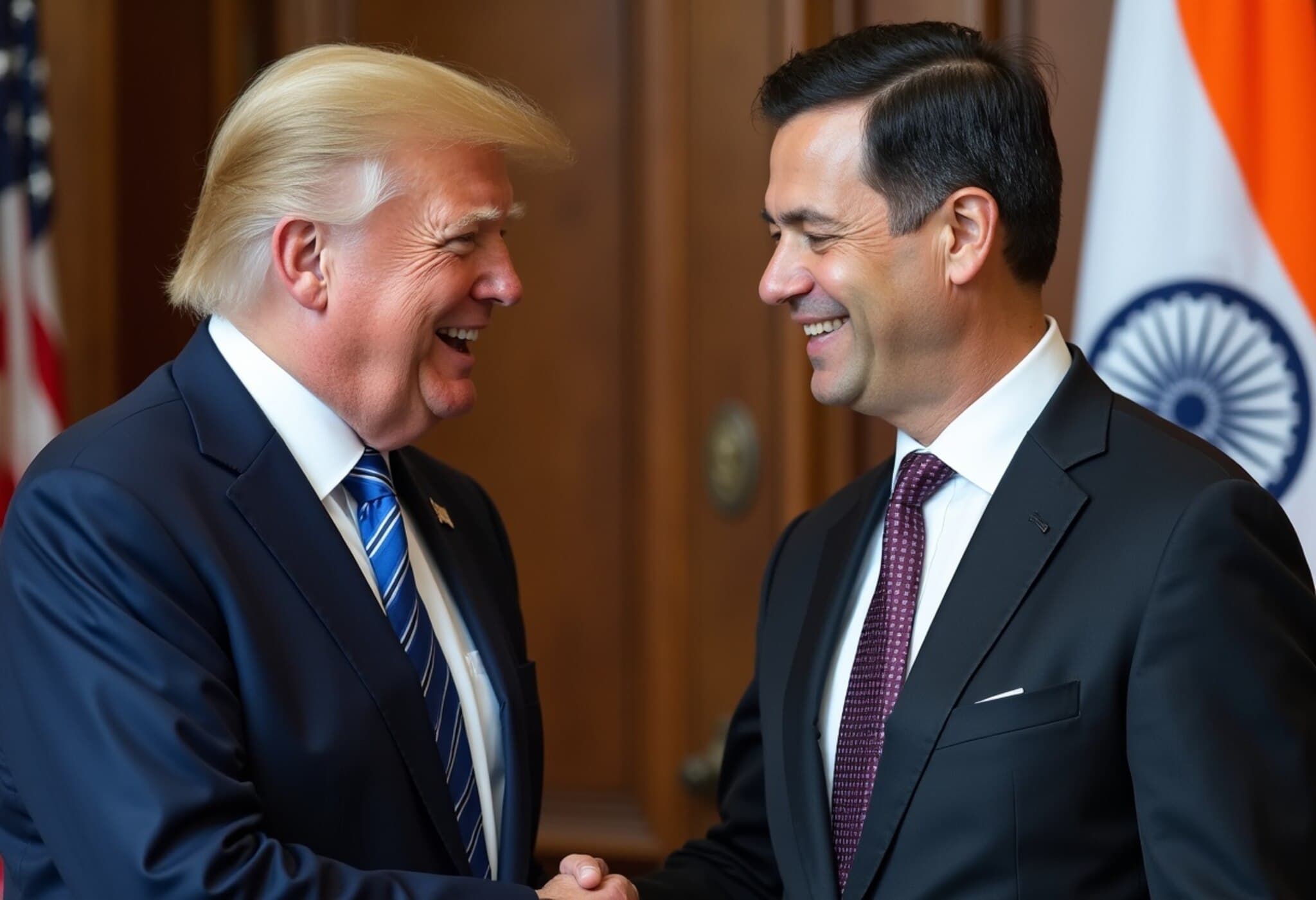Russia Rejects US Tariff Threats Against India’s Trade with Moscow
In a strongly worded statement this week, the Kremlin pushed back against former US President Donald Trump’s recent threat to impose a 25% tariff on Indian imports. The tariffs, announced via Trump’s July 31 post on Truth Social, targeted India’s ongoing trade relations with Russia—prompting Russian officials to denounce the move as illegal and coercive.
Kremlin Defends Sovereign Trade Decisions
Kremlin spokesperson Dmitry Peskov underscored Russia’s position, calling Trump’s threats “not legal” and a form of unwarranted pressure. “We hear many statements that are in fact threats, attempts to force countries to cut trade relations with Russia,” Peskov remarked, emphasizing the sovereign rights of nations to choose their trade partners freely.
He elaborated, “We believe that sovereign countries should have and do have the right to choose their own trading partners, partners for trade and economic cooperation, and to choose for themselves the forms of trade and economic cooperation that are in the interests of a particular country.” These comments highlight Russia’s insistence on defending its international commercial ties amid mounting geopolitical tensions.
Background: The Trade Tensions Between US, India, and Russia
Trump’s tariff threat comes amid growing strain between the US and India over India’s decision to continue importing Russian crude oil and other goods, despite ongoing Western sanctions linked to the Ukraine conflict. Trump described India’s economic practices as “unfair” and their imports from Russia as “obnoxious,” signaling a potentially serious escalation in trade friction.
India’s Ministry of External Affairs (MEA) quickly responded, calling the US threats “unjustified and unreasonable.” The MEA explained that India’s energy imports from Russia are based on necessity and economic pragmatism. With traditional energy suppliers diverting resources to Europe following the Ukraine crisis, India turned to Russia to secure affordable and predictable energy supplies for its population.
Interestingly, the MEA noted that the US initially encouraged India’s imports of Russian oil to help stabilize the global energy market. This reversal in US policy reflects shifting geopolitical calculations and underscores the complex balancing act India performs between aligning with Western partners and safeguarding its own economic security and development goals.
Expert Insights: Navigating Geopolitics and Economic Sovereignty
From a policy analyst’s perspective, the dispute illustrates the growing challenges smaller and emerging economies face in the current geopolitical landscape. India, balancing its strategic partnerships, demonstrates the broader trend of countries asserting economic sovereignty amid pressure from superpowers.
Economists highlight that coercive trade measures, such as threatened tariffs, risk disrupting global supply chains and energy security, potentially backfiring on imposing nations by pushing trade relationships underground or toward alternative partners.
This situation also raises critical questions: How will US-India relations evolve given these tensions? Can India maintain its non-aligned economic stance without alienating key partners? And what implications does this have for broader global trade norms and the sanctity of sovereign decision-making?
What Lies Ahead?
As trade wars and tariff threats escalate, the world watches closely. India’s choice to prioritize energy security through Russian imports underscores the increasingly multipolar economic environment. For the United States, maintaining influence over international trade partners may require more nuanced diplomacy rather than blunt economic threats.
Russia’s vocal defense signals its intent to preserve vital trade relations, setting the stage for continued geopolitical chess in global commerce.
Editor’s Note
This unfolding trade dispute is emblematic of a larger realignment in global economic partnerships. While tariff threats may seem a blunt instrument, they reflect deeper geopolitical rifts, leaving countries like India navigating overlapping pressures. The balance between national sovereignty and global trade cooperation will be a defining factor in shaping future economic diplomacy. Readers should watch for how these dynamics influence energy markets, bilateral relations, and international trade law in the coming months.

